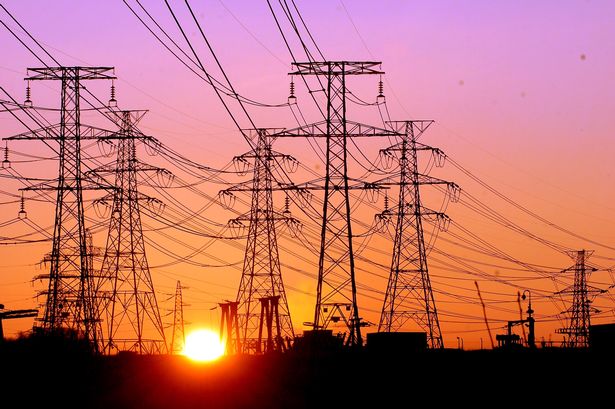Government scheme awards subsidies for the construction of 650 megawatts of new, highly-polluting diesel generators to help keep the lights on. The subsidies are awarded to the companies that can offer capacity for the lowest possible price.
Dozens of new highly polluting diesel generators are to be built in the UK after being handed consumer-funded subsidies worth £175m over 15 years.
Companies proposing to build 650 megawatts of new small diesel engines won subsidies through the latest round of the Government’s capacity market scheme, which is designed to ensure there are enough power plants to keep the lights on in 2019-20.
The scheme was originally intended to deliver big new efficient combined-cycle gas turbine (CCGT) plants to replace old polluting coal-fired power stations, but has so far failed to do so.
Subsidies are awarded through a reverse auction to whichever companies can offer to provide capacity for the lowest possible price.
Five proposed big new CCGT plants with a combined capacity of 4GW entered the auction, according to analysis by Cornwall Energy, but withdrew as the subsidy on offer fell to £18 per kilowatt – too low to be economically viable.
Instead, the capacity market, which will pay out more than £830m in consumer-funded subsidies in 2019-20, has primarily benefited existing gas, coal and nuclear plants – as well as sparking an unintended new industry constructing diesel plants.
In addition, dozens of small, inefficient open-cycle gas generators have also been awarded subsidies.
Andrea Leadsom, the energy minister, insisted the result of the auction was to be welcomed.
“Our number-one priority is to ensure that hardworking families and businesses have access to secure, affordable energy supplies they can rely on,” she said.
“This result represents a good deal for customers – fierce competition in the capacity market has driven down costs, meaning future capacity has been secured the lowest price possible.”
But ministers are already consulting on changing the rules of the scheme, and Amber Rudd, the energy secretary, has said the Government will consider the future of the market in light of the results of this auction,
In a statement, the Department of Energy and Climate Change confirmed it would “reflect on the results of the first two auctions to check the framework still commands the confidence of industry and investors to deliver world-class energy security and investment in new capacity”.
Ministers have already proposed rule changes to try to ensure that companies that win contracts to build new plants actually deliver them, after the Telegraph revealed that the only big new CCGT to win a subsidy contract in last year’s auction admitted it could not find investors.
Ed Davey, the former energy secretary who oversaw the creation of the scheme, has said it was never intended to encourage new diesel generators but that EU rules prevented the Government excluding certain kinds of plants.
Dave Jones, policy analyst at environmental campaign group Sandbag, said: “The capacity mechanism is having the perverse effect of slowing the modernisation and decarbonisation the UK electricity system.
“The capacity mechanism has failed to attract any new efficient gas plant or interconnectors, and it is paying coal to stay open longer than it would have otherwise, despite a government pledge to phase out coal generation.
“Also, a tax loophole – the Enterprise Investment Scheme – is funding super-profitable new diesel plants to be built, which evade carbon pricing and strict emissions limits, and although are cheap to build, are expensive and polluting to run.”
He said the Government should investigate “how the capacity mechanism has become such a shambles”.
Dan Roberts, director of energy at Frontier Economics, said: “The auction delivered a low price, but that doesn’t mean it’s a success.
“It is becoming obvious that small generators – diesel and gas – are securing an unfair competitive advantage over more efficient generators like new CCGT plant, and maybe even existing plant. There isn’t a level playing field, and that is costing customers money.
“DECC and Ofgem will need to sort the problem out before the next auction.”
Lisa Nandy, the shadow energy secretary, said: “This policy has failed in its purpose of attracting investment in new power stations. Instead hundreds of millions of pounds will be paid out to big energy companies to keep open old power stations that would have been open anyway, and to diesel farmers to use ultra-polluting generators, and it is families and businesses who will pick up the tab through their energy bills.”

